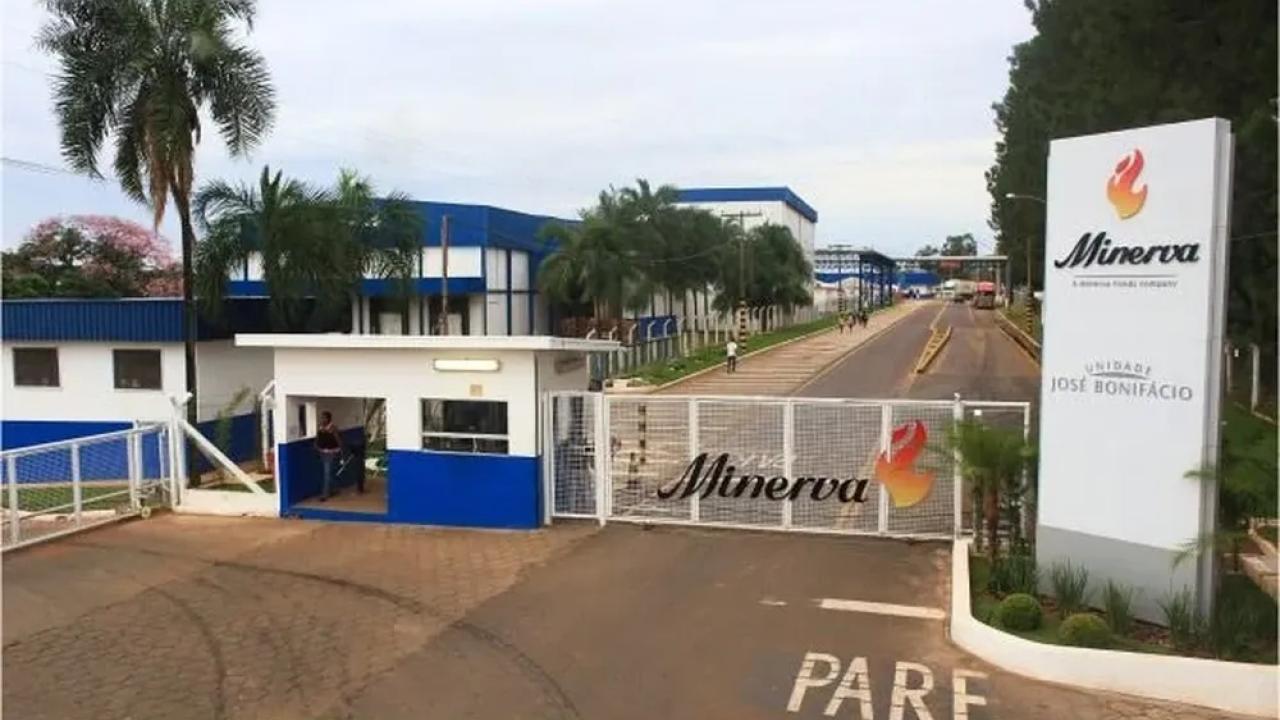
The Uruguayan Competition Defense Commission denied the operation between the Brazilian groups and now the issue goes through other administrative channels.
The intention of Minerva, the Brazilian meat exporter, to acquire three meat processing plants from its competitor Marfrig in Uruguay was first stopped by the decision of the Competition Commission of the Uruguayan country that denied the request for economic concentration that the operation required. .
One of the reasons for the refusal was the participation of a Saudi group in the business.
Despite the commission's objection, the case remains valid, follows other administrative paths and may have a different definition at the end of the year.
The Commission for the Defense of Competition – a decentralized body of the Ministry of Economy – took the resolution on May 20 of this year and denied the possibility of Minerva purchasing the Colonia, Inaler and La Caballada meat processing plants, owned by Marfrig.
That generated a second stage. By law (15,869 of 1987) it is provided that the parties involved can challenge the administrative acts (in this case the resolution) with a revocation request within 10 days following the notification. He adds that a hierarchical appeal must be filed simultaneously.
Minerva and Marfrig opted for the option of appealing, the issue returned to the commission and a period of 150 days elapsed for the decision to be ratified or rectified.
If the position of rejecting the operation is maintained, we move on to the second instance in which the appeal is presented to the Uruguayan Executive Branch.
There the stipulated period is 50 days. If the government of Luis Lacalle Pou accepts the commission's argument as valid, everything will remain the same. But if you understand that it was incorrect, you have the power to revoke it and authorize the purchase operation without the request having to go through another review.
In total, a period of 200 days is open for a final definition.
THE PARTICIPATION OF THE SAUDI GROUP
The Competition Defense Commission stated, among the reasons for rejecting the economic concentration between Minerva and Marfrig, that the meat processing sector experienced a growing and recent concentration and that the transaction would be carried out between two economic groups that own multiple livestock slaughter plants. beef in Uruguay.
Minerva currently owns the PUL, Carrasco, Canelones and BPU and Marfrig de Tacuarembó establishments and the three that were part of the transaction: Colonia, Inaler and La Caballada.
With this scenario, the commission considered that it “clearly and forcefully emerged that the operation would lead to the creation of a dominant position and a highly concentrated market.”
He added that this would mean that “only one company would have market power and the ability to limit, distort or substantially reduce competition, with there also being barriers to the entry of new competitors.”
To adopt the resolution, the commission took into account a legal report dated three days earlier. The letter recalls that it had been resolved to grant Minerva and Marfrig a hearing on the draft resolution of April 30 in which the transaction between the companies was denied.
He then transcribes some of the explanations that the two companies gave in response. One of them was about the participation of the Saudi Salic group in the business.
They point out that "although Salic is one of the shareholders of Minerva, he does not have any control (in the company)." Therefore "it does not have the right to decide on any commercial, operational, financial and administrative aspect of Minerva."
The Saudi Agricultural and Livestock Investment Company (Salic) was created in 2009 as a joint stock company, according to its website.
A royal decree granted it powers to carry out investment activities both inside and outside the Kingdom of Saudi Arabia to achieve a food security strategy by supplying products and stabilizing their prices.
This objective is achieved with the creation of subsidiary companies or through national, regional or international associations.
The site adds that Salic began its investment activity in 2012 with global companies dedicated to agriculture, cereals, rice and meat in countries such as Ukraine, Canada, India, Australia, Brazil and Singapore.
Salic owns 30.55% of the shares of Minerva and also 10.7% of BRF, a Brazilian group dedicated to food with a presence in 30 international markets.
At the end of last year, Marfrig Global Foods expanded its participation in BRF and acquired the majority share by acquiring 50.06% of the shares.
In the brief before the commission, the companies indicate that Salic only owns a minority part of BRF so “it could hardly have a significant influence, its intervention being a purely financial objective.”
However, these global movements were warned by the Competition Commission, both in the legal report and in the final resolution that denied the economic concentration.
“Regarding the shareholding structure, it appears that the relationship between Minerva, Marfrig and BRF occurs fundamentally because Salic is an investor in both Minerva and BRF, whose majority stake belongs to Marfrig,” the texts explain.
They conclude that this “constitutes an element that can facilitate communication between companies and an incentive to soften competition between Minerva and Marfrig.”









